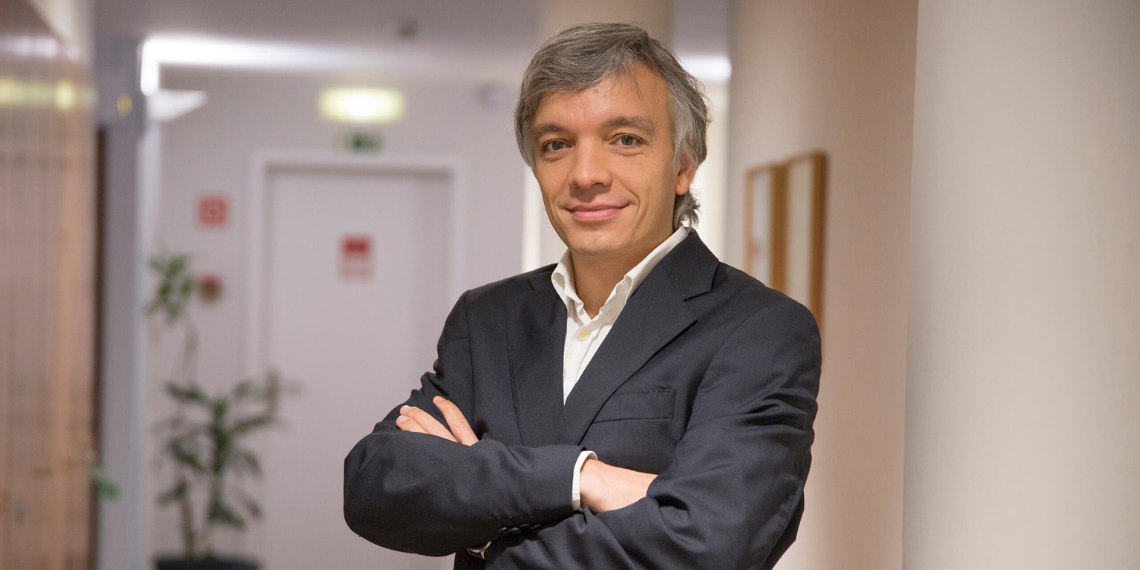Responsibility comes from the Latin RESPONDERE. While RE conveys the idea of “back, backward”, SPONDERE means “guarantee, pledge”. In this sense, responsibility carries the obligation to account for certain acts, to repair the damage. In the corporate world, social responsibility comprehends the impact on society, thus contributing to sustainable development. In this commitment to society, companies/institutions must not limit themselves to comply with legal expectations, or simply to minimise the negative impact of their actions, but strive for a positive impact on the environment in which they operate.
Assuming they ought to be agents of social change, perhaps one can argue that in a non-profit public utility institution, focused on the social good, it is easier to promote accountable organisational behaviour. Some omnipresent catalysts in INESC TEC’s intervention favour this notion. We emphasise the clear social relevance of the research developed, the institution’s DNA in placing all knowledge at the service of public policies, and the belief that it is possible to build a better country through science, knowledge and innovation. This is demonstrated by the recent set of different projects idealised and implemented to address the societal challenges caused by the current pandemic.
However, the aforementioned conditions, necessary to INESC TEC’s modus operandi and the pursuit of its mission, are not sufficient to include all dimensions of Social Responsibility (RS) in its organisational culture, nor to ensure that its professionals are socially responsible, and dedicated to the creation of common good. RS policies and practices must go beyond the institution’s mission.
How significant it is having nonconformist people in the institution, who established a working group that carried out a comprehensive and thorough diagnosis of the state of RS in the institution, in an organic and voluntary movement. What motivated them? The desire to acknowledge the subject of SR at all levels of the organisation, the need to improve the development of SR processes and to formalise casual, ad-hoc and decentralised initiatives (some, currently underway), as well as the duty to address society’s increasing expectations.
The GRACE (Group of Reflection and Support for Corporate Citizenship) Practical Guide provided the adequate framework to explore the status quo of RS, to define the respective governance model to be adopted, and to design the first multi-year plan.
It is now up to the “Commission for Social Responsibility” to execute the plan, namely the primary internal and external lines of action regarding organisational principles, employees, environment and society. This Commission relies on all members of INESC TEC, as well as on the sharp-eyed new mascot, NESKI, so that INESC TEC plays a (more) active role in this field… regardless of public scrutiny!
Bernardo Almada-Lobo – Member of the Board of Directors




 News, current topics, curiosities and so much more about INESC TEC and its community!
News, current topics, curiosities and so much more about INESC TEC and its community!